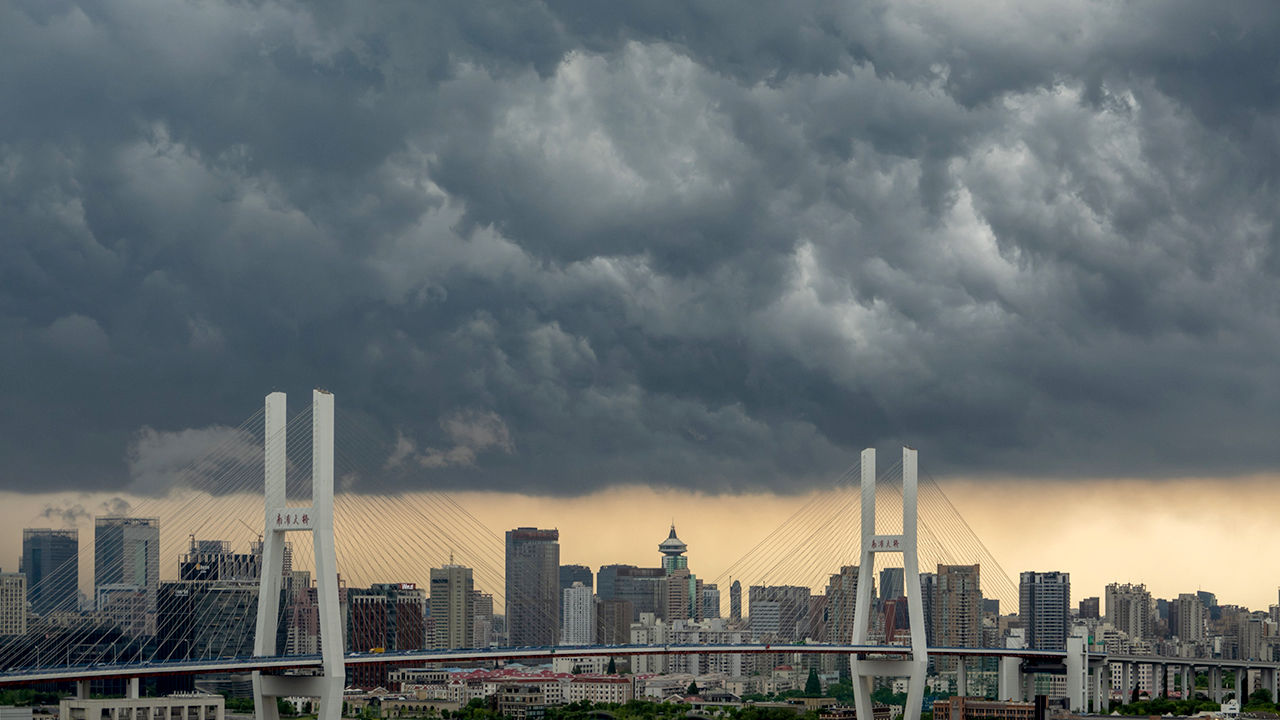Trump's Trade War: A Looming Global Recession Risk?
The escalating trade war initiated by the Trump administration has sent shockwaves through the global economy, raising concerns about a potential global recession. While the immediate impacts are varied, the long-term consequences remain uncertain, prompting intense debate among economists and policymakers.
The Genesis of the Trade Conflict
The trade war, primarily characterized by tariffs imposed on goods from China, began in 2018 with the stated goal of addressing trade imbalances and protecting American industries. These tariffs, however, have had far-reaching consequences, triggering retaliatory measures from other countries and disrupting established global supply chains. Key aspects of this conflict include:
- Tariffs on Steel and Aluminum: Initial tariffs targeted steel and aluminum imports, impacting numerous countries and sparking retaliatory tariffs.
- China-Specific Tariffs: Subsequent rounds of tariffs focused specifically on Chinese goods, escalating tensions significantly.
- Trade Disputes with Other Nations: The conflict extended beyond China, with trade disputes arising with countries like the European Union, Mexico, and Canada.
Economic Impacts: A Ripple Effect
The consequences of this trade war are multifaceted and far-reaching, impacting various sectors of the global economy:
- Increased Prices for Consumers: Tariffs directly increase the cost of imported goods, leading to higher prices for consumers.
- Uncertainty in Business Investment: The unpredictable nature of the trade war has created uncertainty, discouraging businesses from investing and expanding.
- Disruption of Global Supply Chains: Tariffs and retaliatory measures disrupt established supply chains, leading to shortages and production delays.
- Slowdown in Global Growth: The combined impact of these factors has contributed to a slowdown in global economic growth, raising the specter of recession.
Sector-Specific Impacts:
- Manufacturing: The manufacturing sector has been particularly hard-hit, facing increased input costs and reduced demand.
- Agriculture: Farmers have suffered from retaliatory tariffs imposed by other countries on agricultural exports.
- Technology: The tech sector has been impacted by restrictions on the sale of technology and components.
Recession Risk: A Realistic Threat?
The increased economic uncertainty and slowdown in growth have raised serious concerns about a potential global recession. While a recession isn't guaranteed, several factors point to a heightened risk:
- Weakening Global Demand: The trade war has dampened global demand, impacting production and investment.
- Increased Volatility in Financial Markets: Uncertainty and fear of further escalation have led to increased volatility in stock markets and currency exchange rates.
- Reduced Consumer Confidence: Rising prices and economic uncertainty are eroding consumer confidence, leading to reduced spending.
Several organizations, including the International Monetary Fund (IMF), have downgraded their global growth forecasts, reflecting the negative impact of the trade war.
Navigating the Uncertain Future
The future trajectory of the global economy heavily depends on the resolution of the trade disputes. A de-escalation of tensions and a move towards greater cooperation could mitigate the negative impacts. However, continued escalation could push the world closer to a global recession.
What can be done? Experts suggest a multifaceted approach involving:
- Negotiated Trade Agreements: A return to diplomacy and negotiated trade agreements could help stabilize the situation.
- Stimulus Measures: Governments may need to implement stimulus measures to boost economic growth and mitigate the negative effects of the trade war.
- Investment in Diversification: Businesses should focus on diversifying their supply chains to reduce vulnerability to trade disruptions.
The Trump trade war remains a significant and evolving issue with potentially dire consequences. Close monitoring of economic indicators and policy developments is crucial for understanding the ongoing risk of a global recession. The situation calls for cautious optimism and proactive measures to mitigate the damage.

